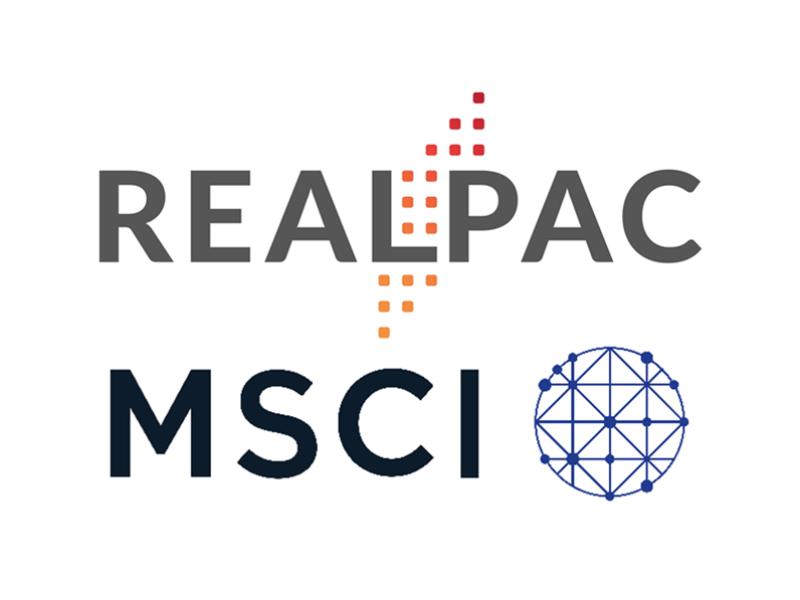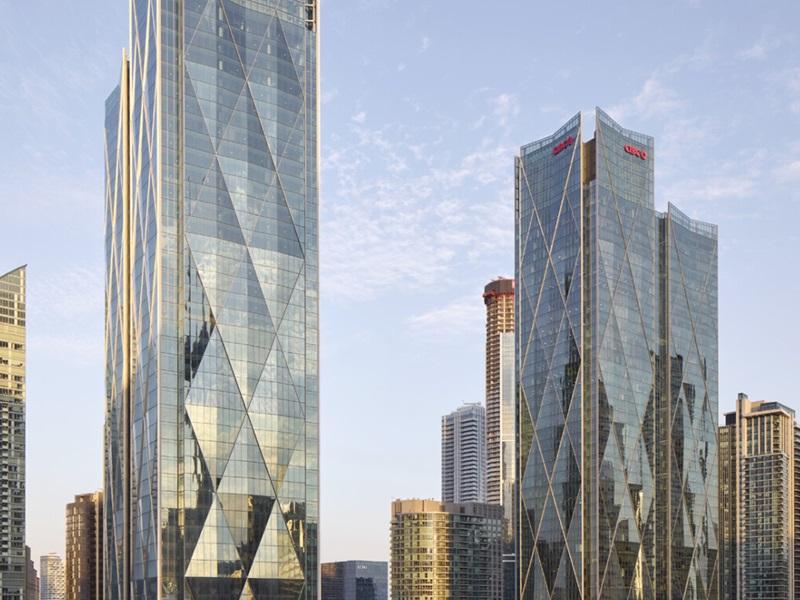
CBRE vice-chairman Paul Morassutti. (Courtesy CBRE)
Canada’s three largest cities all improved their rankings in CBRE’s Scoring Tech Talent 2022 report of North American cities, including Toronto which is now No. 3 on the list.
The Greater Toronto Area created the most tech employment growth on the continent in the past five years, the report states. The commercial real estate firm’s report said Toronto added 88,900 jobs in the tech sector between 2016 and 2021 – more than any of the 50 North American markets surveyed.
It moved up one spot in the rankings from a year ago.
In the overall ranking, the San Francisco Bay area was first followed by Seattle and then Toronto. Vancouver was the only other Canadian market in the top 10 as it jumped three spots in the ranking to take No. 8, adding 44,460 jobs in that same five-year period, or 63 per cent growth, the highest percentage of all 50 ranked markets.
Ottawa, with the highest concentration of tech talent on the continent – 11.6 per cent of the city’s total employment force – took No. 13 in the tech talent ranking, while Montreal moved up a spot to No. 15. Waterloo Region (No. 24), Calgary (No. 28), Edmonton (No. 35) and Quebec City (No. 39) also made repeat appearances in the Top 50.
“Canadian markets continue to be among North America’s top-performing destinations for tech talent, with 11 cities well-positioned in the latest CBRE rankings. It’s a testament to the impressive momentum this sector has been gathering over the past five years,” said Paul Morassutti, CBRE’s vice-chairman.
Tech growth not just a Toronto story
“Though the industry faces some very real, short-term cyclical challenges, our longer-term thesis remains unchanged: the technology sector will continue to drive outsized growth as our knowledge- based economy expands.
“Canada’s digital economy is now bigger than the forestry industry, the mining industry, the natural gas industry.
“This expansion of the knowledge-based economy is not unique to just Toronto. It really has taken hold in many cities across the country. It’s one of the really nice success stories that this is not simply a Toronto story.
“It’s very much a Canada story and when you look at the different markets there are different areas of specialty in each market.”
For example, Montreal and Quebec City are well-known for gaming technology. Toronto and Edmonton are well-known for companies dealing with Artificial Intelligence.
Software development is a specialty in Vancouver, while oceans-related technology is emerging as an important sector in Halifax.
“There’s this nice balance of tech expertise across the country and even in places like Calgary, where traditionally so much of their economy has been focused on the energy sector, increasingly we’re beginning to see that Calgary’s made really great strides as well,” said Morassutti.
“Since 2016, about 750,000 square feet of tech office space has been leased in Calgary and 70 per cent of that has happened since 2020.
“So they are making pretty good strides in helping to attract these companies.”
Schools, universities producing tech talent
In Toronto, the total number of tech occupations is 289,700 with a five-year growth rate of 44.3 per cent. The average wage of $88,254 has seen 7.4 per cent growth over five years.
Morassutti said the tech ecosystem in Toronto has been developing over the last decade “of really being almost best in class.”
“When I talk about the tech ecosystem I mean the combination of really good quality post-secondary schools or universities that produce a lot of tech talent . . . the accelerators like MaRS (Discovery District). There’s a number of tech accelerators in the city which almost act as breeding grounds for small startups,” he explained.
“And then you have the interplay of large tech behemoths who are already in the city and smaller tech startups that the genesis of those companies is often talent coming from those large tech companies.
“You have a very evolved venture capital tech ecosystem in Toronto. . . . You put all of those things together and Toronto has sort of slowly and steadily moved into this position of being a true tech powerhouse.”
In the CBRE report, tech talent is defined as 20 key tech professions – such as software engineers and systems and data managers – across all industries.
The Scoring Tech Talent report ranks top tech markets in the U.S. and Canada and outlines the industry’s job-growth trends amid economic shifts and increased remote hiring.
Scoring Tech Talent report analyzes 13 factors
The report analyzes 13 measures of their ability to attract and develop tech talent, including tech graduation rates, tech job concentration, tech labour pool size, and labour and real estate costs.
CBRE also ranks the Next-25 emerging tech markets on a narrower set of criteria. Halifax (No. 9), London (No. 10) and Winnipeg (No. 12) made repeat appearances on this list, with London seeing 99 per cent growth, or a doubling of its total tech employment, between 2016 and 2021.
Morassutti said the commercial real estate firm began conducting deep research into the tech sector because it identified many years ago the connection between the growth of the sector and the use of office space.
“When you look at office-using jobs for example, over the last decade the amount of tech-related office-using jobs is more than double than all of the other office-using job growth combined,” he said. “A lot of that growth has been in the Googles and Facebooks of the world.
“A lot of it has been in smaller tech companies, but then a lot of it has been in banks and insurance companies and real estate companies where so much of the hiring has really been tech people.
“Every company needs this talent and this has been what’s driving the office market and demand for office space, and given some of the challenges that the office market has we want to understand the tech industry as best we can because despite the short-term challenges that the industry has – it’s going to be a choppy year for tech.
“Long-term we think this expansion of the knowledge-based economy and the digital economy is still in its early stages and technology will continue to drive demand for office space, or at least the primary driver of demand for office space.”











